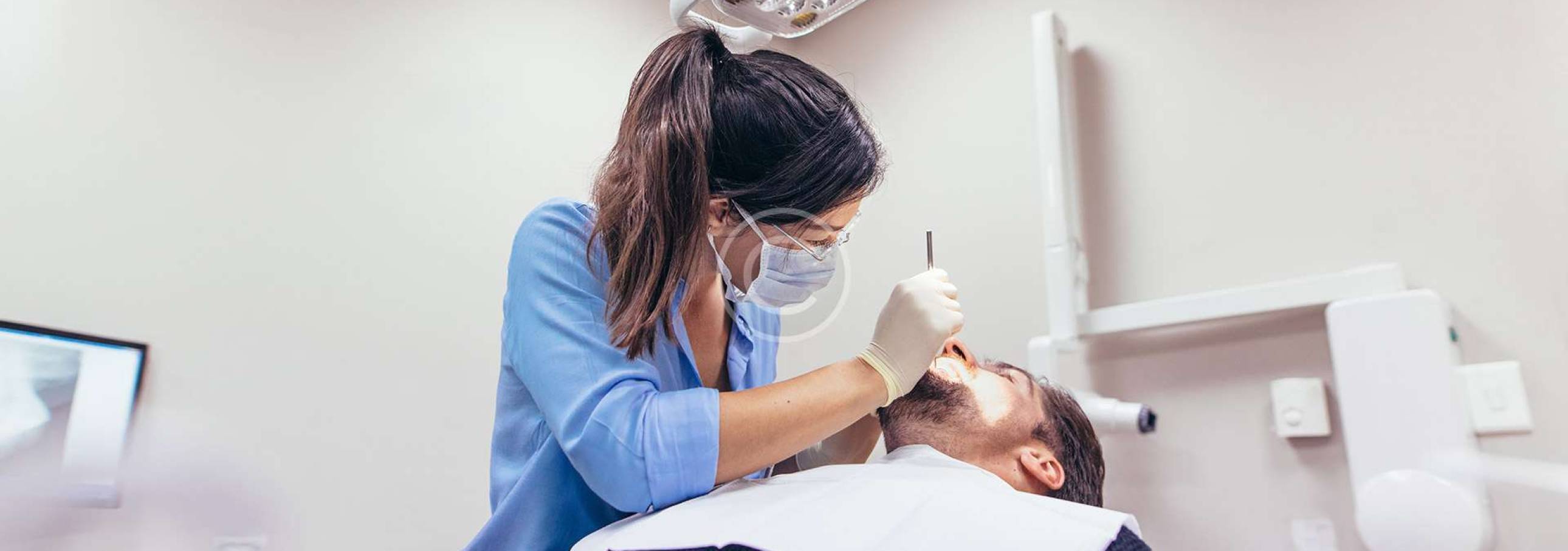Can Every Dentist Perform Implant Treatment?
Implant training is done through various courses and university-based trainings. Relevant dentists improve themselves by receiving this training. Now, implants have become an essential part of today’s dentistry. With an experienced and successful team, you can be sure that you will use your implants for many years under sterile conditions.
What You Should Know About Your Baby's Teeth
Babies usually get their first teeth between 6-8 months of age. And by the age of 2.5-3 they have a total of 20 teeth. After this age, the habit of brushing teeth should be gradually introduced with your help.
Since milk teeth serve as a guide for permanent teeth, they should be treated when decay occurs. It should not be forgotten that it may cause crooked teeth, impaired jaw development and general health problems (rheumatism, heart diseases, etc.). It is also useful to apply flour topically every 6 months for preventive purposes.
What Should I Do If I Grind My Teeth While I Sleep?
Grinding or clenching the teeth (bruxism) causes excessive pressure on the teeth, causing wear of the crown lengths of the teeth and shortening of the crown lengths, cold and hot sensitivity.
There may also be fatigue in the jaw, joint pain and tinnitus when you wake up in the morning. This can be prevented with a special appliance prepared by your dentist.
How to Eliminate Bad Breath Odor?
- Tooth decay and gum disease should be treated.
- Buried and root rot should be removed.
- All surfaces of the teeth and the back of the tongue should be brushed very well.
- If there is dry mouth, the cause should be found and eliminated.
- Alcohol and smoking should be stopped.
If you still have bad breath after the interventions, other causes should be investigated;
- Other sinus and lung infections
- Diabetes
- Kidney failure
- Metabolism disorder
- Liver failure
How Does Pregnancy Affect Oral Health?
The increase in the hormones oestrogen and progestron increases the formation of bacterial plaque on the teeth. If the plaque is not removed, it causes gingivitis, which we call pregnancy gingivitis. If you already have gingivitis before pregnancy, it increases in severity and develops into periodontitis. The gums are swollen, red, lobular and tend to bleed.
Therefore, if pregnancy is planned, it is useful to visit the dentist beforehand. During pregnancy, careful dental hygiene, a balanced diet and oral supplementation with vitamins B12 and C should be practiced.
X-rays can be taken once or twice inside the mouth if necessary. Although the dose is low and the irradiated area is far from the abdomen, a lead apron must be worn.
Tetracycline group antibiotics, which may cause discoloration of the baby’s teeth, should be avoided during pregnancy.
Does Tartar Removal Damage Teeth?
Tartar cleaning is the process of removing staining substances such as tea, coffee, cigarettes and tartar accumulated on the teeth with ultrasonic (vibrating) tools. There is no harm to tooth enamel. On the contrary, failure to remove the tartar from the tooth causes gum disease, gingival recession and bad breath. The most effective way to maintain oral and dental health is to brush your teeth regularly twice a day, floss your teeth and visit your dentist twice a year.

